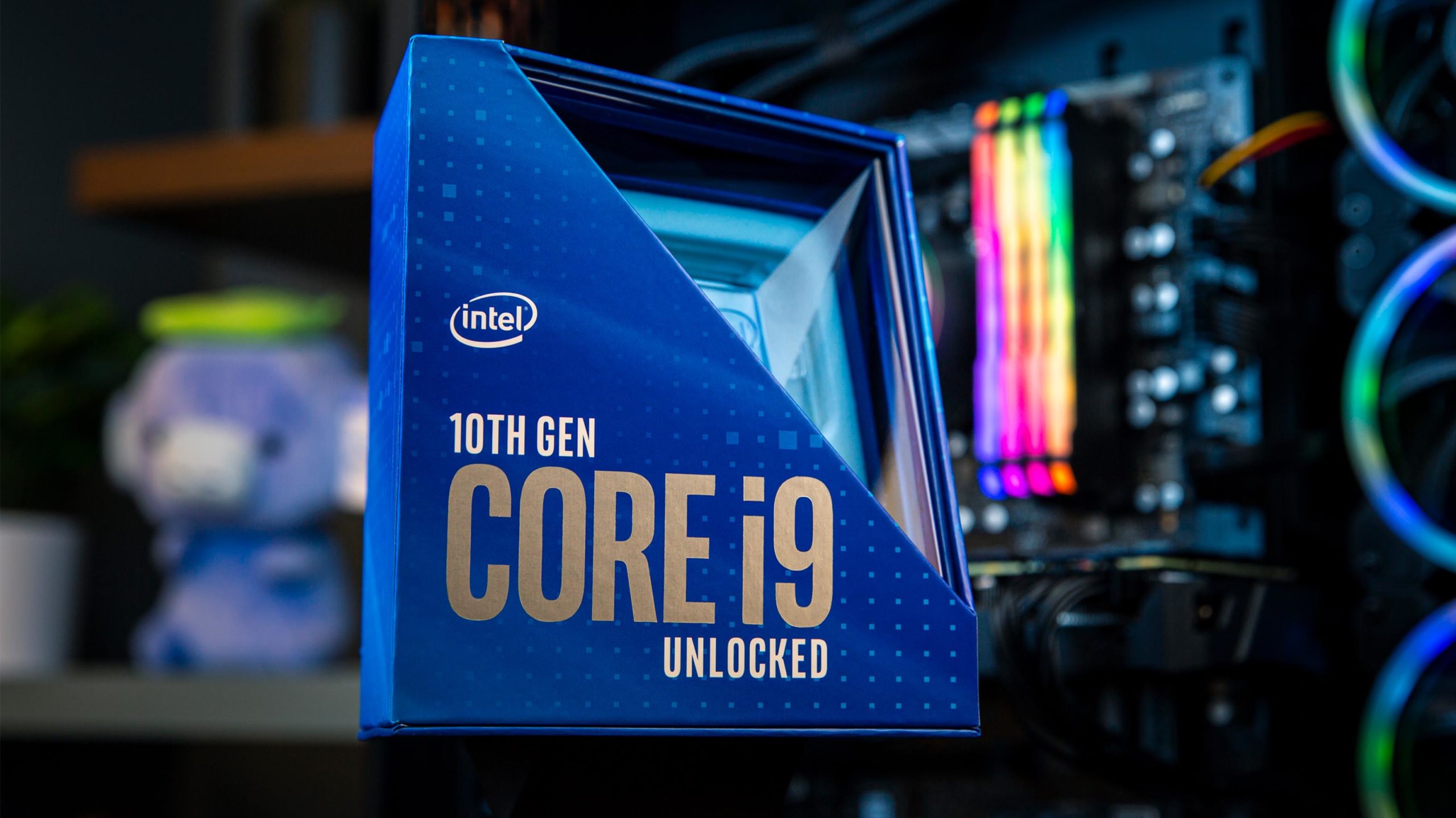
Intel has confirmed that its 11th Gen Core desktop processors, under codename ‘Rocket Lake,’ are on the way. Further, the company plans to launch Rocket Lake in the first quarter of next year.
Intel’s vice president and general manager of client computing group desktop, workstations and gaming, John Bonini, explained as much in a blog post shared by the company on October 7th. The post details some of Intel’s work in gaming and hints at what’s coming with Rocket Lake.
Bonini confirmed Rocket Lake would bring support for PCIe 4.0. PCIe slots are commonly found in desktop PCs and used to expand hardware, such as adding graphics processing units (GPUs), Wi-Fi or sound cards, SSDs and more. PCIe 4.0 offers double the bandwidth of PCIe 3.0, hitting a theoretical 32 gigabytes per second (GB/s) compared to 3.0’s 16GB/s.
While that’s a huge speed increase, for now, PCIe 4.0 makes the most significant difference to the performance of storage devices like SSDs. GPUs currently don’t have issues with PCIe 3.0 bandwidth, but with both AMD and Intel shipping PCIe 4.0 compatible CPUs, we could see broader hardware support, more PCIe 4.0-compatible GPUs and more benefits overall for consumers.
Along with teasing the upcoming Rocket Lake launch, Bonini shared some ways that Intel worked with game makers to improve the experience for players. Microsoft’s Flight Simulator 2020, for example, saw Intel help implement ‘Software Masked Occlusion Culling,’ which efficiently renders only the pixels and the objects they make that are visible to the player.
Likewise, Intel said it help with Gears Tactics to support the deployment of ‘Variable Rate Shading’ (VRS) and improve Asynchronous Compute. VRS can reduce pixel complexity to boost performance without sacrificing visual fidelity, while Asynchronous Compute allows certain graphics workloads to run in parallel.
Finally, Intel worked with Creative Assembly on Total War Saga: Troy to optimize gameplay and better use the high core counts available on 10th Gen Intel Core CPUs.
You can read the blog in full here.
MobileSyrup may earn a commission from purchases made via our links, which helps fund the journalism we provide free on our website. These links do not influence our editorial content. Support us here.


